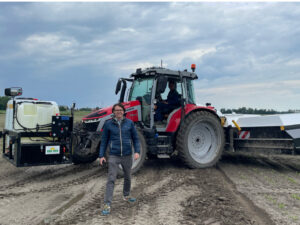
AgTech Advisory Collective forms to guide agrifood corporates, startups: ‘We’re not your typical consulting firm’
The newly announced AgTech Advisory Collective aims to provide a broad range of expertise and services to the agtech industry.

The newly announced AgTech Advisory Collective aims to provide a broad range of expertise and services to the agtech industry.

For a sector that deploys cutting edge tech in everything from logistics to pathogen control, the food industry is still stuck in the dark ages when it comes to finding co-manufacturers, says Keychain CEO Oisin Hanrahan.

“There was a feeling that supply chains seemed to work reasonably well until around 2010. And then things start getting really messy,” says supply chain consultant Matt Lekstutis.

The ROI for customers is “about reducing food waste, opening up new markets, and having food that is fresher and tastier,” says the Singapore-based startup.

Factors like age and attitude towards sustainable farming practices influence farmers’ purchasing decisions, says Boston Consulting Group.

SAYeTECH combines hardware and Internet of Things (IoT) embedded systems to build tools specific to Africa’s smallholder farming communities.

Opinion is a key milestone on the way to making Impossible Foods’ flagship products available in the EU, pending final approval by the European Commission and EU Member States, says the firm.
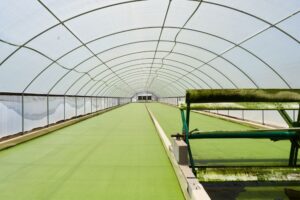
The fact Plantible has secured long-term offtake agreements and is able to scale in a modular fashion –scaling out rather than scaling up with proven tech—has helped build trust with investors, says its CEO.
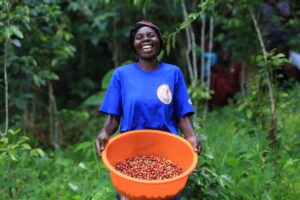
In addition to honey and ancient grains, the company has now launched a coffee product that’s being distributed in the US and Europe.

While insect ag facilities are typically vertically integrated, Agroloop’s new BSFL facility near Budapest does not include a breeding unit, an operation it has entirely outsourced to FreezeM.

“If he goes ahead, it’s going to have enormously consequential and negative impacts on American manufacturing and agriculture,” predicts Dent.

Insect waste (frass)—which contains nitrogen, phosphorus, and potassium—boosts soil health and provides a more balanced, slow-release nutrient profile than synthetic fertilizer, claims Innovafeed.

CommonGround is staying laser-focused on its farmland marketplace and its recently launched insurance business.

“It’s not just about plant-based, it’s about coming up with elevated products in every category,” says CTO Dr. Karim Pichara.

“Cautious optimism” is warranted as deal values have increased for two consecutive quarters,” say PitchBook analysts.
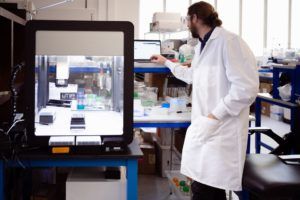
Shiru is “building a comprehensive platform that will revolutionize ingredient discovery across multiple molecular classes,” claims founder and CEO Dr. Jasmin Hume.

Aspire has “signed a term sheet” and is “working to close our financing at the end of the month,” says CEO David Rosenberg. “Demand still remains strong, but we have to scale up and produce consistently.”
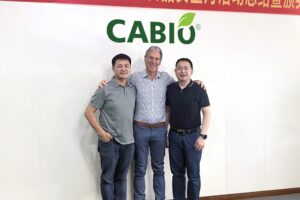
Nourish Ingredients, an Australian startup creating novel fats via fermentation, has struck a deal with Chinese biomanufacturing co CABIO Biotech in which CABIO will manufacture Nourish’s first product Tastilux at commercial scale.

Project will “provide capital to farmers in one of the poorest parts of the world through carbon credits,” says Uganda-based agtech partner NileOrbital Aerospace.

Rich’s will also explore using Phytolon’s colors in several of its products pending regulatory approvals, says Phytolon, which genetically engineers yeast to express pigments found in beets and prickly pears.

Sponsored
Sponsored post: The innovator’s dilemma: why agbioscience innovation must focus on the farmer first